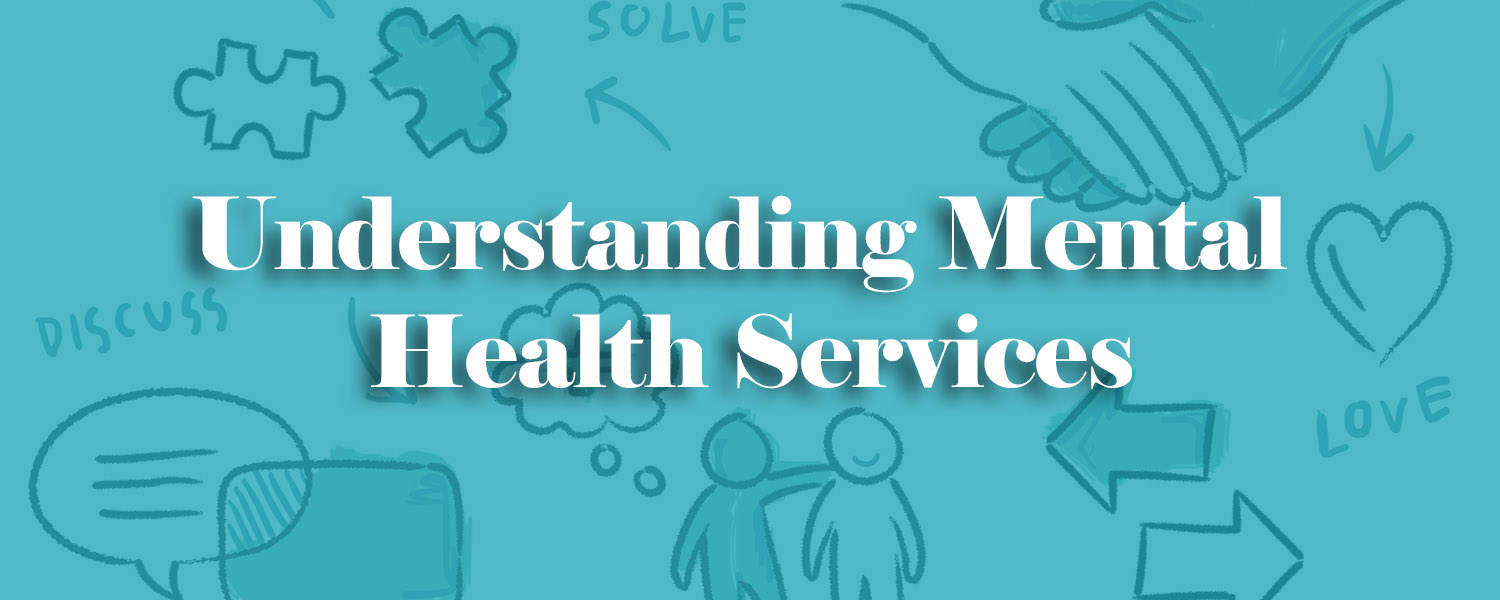
Key People You Are Likely To Meet – Understanding Their Roles
You are likely to meet lots of different people and it is helpful to understand their role. Below are some of the ones you are most likely to meet. This will vary depending on your needs and the structure of services in your area so don’t worry if you don’t meet all of these.
 GP
GP
Your GP is always available as a point of contact for all physical and mental health needs. If you are not getting the help you need from the mental health services, you can go back to your GP and ask for more help.
 Care Co-ordinator
Care Co-ordinator
Care Co-ordinators (sometimes called Case Managers) are mental health professionals, most commonly nurses, social workers or occupational therapists by training. They will be the person you and your family member see most regularly in the service and will coordinate specialist mental health care for your relative and your family. Sometimes the Care Coordinator is your GP. Usually it is a specialist mental health professional in one of the community mental health teams.
 Psychiatrists
Psychiatrists
A psychiatrist is a medical doctor who has specialised in mental health. They diagnose mental health difficulties and may prescribe medication and/or therapy.
 Psychological Therapists
Psychological Therapists
Psychological therapists can offer specialist talking therapies such as Cognitive Behavioural Therapy (CBT) or Family Interventions (FI) in addition to the support your Care Co-ordinator provides. These are described in more detail in ‘Module 10 – Treatment Options’. These therapies are usually delivered by Clinical Psychologists. Mental Health Nurses, Social Workers or Occupational Therapists with additional training can offer these therapies.
 Approved Mental Health Professional
Approved Mental Health Professional
The Approved Mental Health Professional is authorised by the local authority to make sure service users are properly interviewed in an appropriate manner and ensuring they know what their rights are if they are detained under the Mental Health Act 1983 (updated 2007) (i.e. sectioned and made to go into hospital). They need to consider all the factors present to ensure that the least restrictive principles are applied. They need to ensure the person is aware of their rights, treated with respect and dignity and has access to an advocate.
 Support Time and Recovery Workers (STR: Also known as Support Worker, or Wellbeing Worker)
Support Time and Recovery Workers (STR: Also known as Support Worker, or Wellbeing Worker)
Support time and recovery workers can provide practical support, for example helping people get back to work or to join in social activities. They usually work with people for a limited period only to help towards a particular goal. Some have personal experience of recovery from mental health problems.
 Pharmacist
Pharmacist
Pharmacists are responsible for ensuring that the correct medicine is supplied to the service users, that they understand how to take it and any side effects that may occur. You can ask a Pharmacist about the recommended dosage and likely effects of the medicine. Pharmacists work in both hospital and community settings. .
 Advocate
Advocate
Mental Health Advocates work with individuals experiencing mental health problems and their relatives to make sure their views are taken into account when important decisions need to be made. Different kinds of advocates offer different kinds of support. More detail is provided later on the different kinds of advocates and how to find an advocate.
 Carer Support
Carer Support
Some Trusts employ specialist Carer Supporters. Their focus is on assessing the needs of the carers and making sure that carers receive the information and support they need. Not all Trusts have this, but you may want to ask if it is available.
 Social Worker
Social Worker
The role of a Social Worker is varied according to the team they are attached to. One specific role is to conduct a statutory care assessment. In some teams they may access supported accommodation (In addition to the roles outlined above).
 Other
Other
Some services also employ Housing Officers and/or Employment Workers to support people with mental health problems.


